If you are new to mechanical keyboards, the variety of switches can be quite confusing. There are a lot of switches named with different colors and types, choosing the right one can be challenging. Don't worry—I’m here to help. Today I will explain mechanical keyboard switches in detail, including what they are, what they do, and the differences between them so you can pick the best one for you.
Introduction of Linear, Tactile, and Clicky Switches
What are the linear switches?
A linear switch- provides a smooth and consistent typing experience without any bumps.
Structure: The internal structure of a linear switch is simply a housing with an ordinary spring. Each keystroke has no change, allowing the finger to press down steadily. Smoothness is the main feature of the linear switch.
Popular for: This makes linear switches a popular choice for gamers who need quick and fluid key presses without any distractions. Because of their smooth action, they are also preferred by typists who enjoy a seamless and uninterrupted typing experience.
What are the tactile switches?
A tactile switch provides a noticeable bump when a key is pressed, offering tactile feedback without the loud clicking sound.
Structure: Talking about the difference in the structure between the tactile and the linear, the tactile deliberately makes two slopes on the stem to form a mountain-like shape. When the contact point between the small foot and the spring passes through the mountain, the sudden change in pressure will produce a staggered feeling.
Popular for: This bump lets you know that your keypress has been registered, making it a favorite among typists who want a responsive feel without the noise of clicky switches. Tactile switches strike a balance between the smooth keystrokes of linear switches and the audible feedback of clicky switches, making them ideal for both typing and gaming in environments where you might want some feedback but need to keep the noise level down.
What are the clicky switches?
A clicky switch is known for its distinctive sound and feel.
Structure: The difference between the clicky switch and the tactile switch mentioned above is that the clicky switch has an additional sound structure compared to the tactile switch. When you press a key with a clicky switch, you’ll hear a noticeable clicking sound and feel a tactile bump.
Popular for: This feedback helps typists know exactly when a key press is registered, making it a favorite among those who enjoy audible and tactile confirmation while typing. Clicky switches are great for typing enthusiasts who love the classic typewriter-like experience. However, they may not be ideal for shared or quiet environments due to their noise level.

Which Keyboard Switch Type is Best For You?
Sometimes it is not an easy thing to find the right mechanical switch, because you never know what switch you like best. Based on my experience, here are some suggestions to help you choose. I hope you find them helpful!
First of all, let’s make one thing clear – what is your main purpose for using a mechanical keyboard? Is it primarily for gaming, work, or both? Once you determine this, we can narrow down the selection of switches to better suit your needs.
- If your primary aim is work, particularly if you need to input text for extended periods (such as for editing or programming), I recommend using a linear switch. Based on my experience, linear switches are more suitable for fast and large-scale text input.
- If you use your keyboard frequently but don't need to input text for long periods, a tactile or clicky switch could be a good choice. The decision largely depends on your environment and personal preference. If you prefer a quieter keyboard, tactile switches are a great option. However, if you enjoy or don't mind the clicking sound, clicky switches might be ideal for you.
- If your goal is to play games, linear switches are also a good choice. They are especially suitable for competitive games like CS: GO, which require quick, responsive actions. With short pre-travel and light actuation, linear switches won't limit your actions per minute (APM).
- However, if you primarily play single-player games, linear switches may not be the best choice. Single-player games often don't require high APM but demand greater key trigger accuracy, making tactile switches more suitable.
Summary:
Linear Switches: are best for competitive, fast-paced gaming and rapid, large-scale text input. Akko Fairy Switch and V3 Piano Pro Switch can be good choices.
Tactile Switches: Best for those who want a balance between feedback and noise, as well as single-player gamers. You can choose our V3 Cream Blue Pro Switch.
Clicky Switches: Best for typists who love auditory feedback and a traditional typing feel, and also for single-player gamers.
If you are still not sure about what you want, you can buy a switch tester. Many keyboard enthusiasts recommend trying a switch tester, which allows you to sample different types of switches before committing to a full keyboard.

Other Factors When Choosing a Switch
Actuation force
Switch's actuation force is measured in Newtons (N), typically ranging from 0.45 to 0.7 N. The force needed to activate a key can vary significantly. Opt for a force that matches your typing style—lighter for speedier typing and heavier for more deliberate keystrokes.
This choice directly impacts the fatigue level of your hands and wrists.
Key travel & action points
Key travel is the distance a key on a keyboard moves before it bottoms out after being pressed. The actuation point indicates how far down a key needs to be pressed to register a keystroke. Keyboards with greater key travel require the keys to be pressed further.
Longer key travel (e.g. 3.5mm to 4mm) is ideal for those who prefer more noticeable key presses and feedback, and shorter key travel (e.g. 1.5mm to 2mm) is great for gaming or fast typing.
Early actuation (e.g. 1.0mm to 1.5mm) is ideal for fast typists and gamers who need fast response times. Late actuation (e.g. 2.0mm to 3.5mm) is good for those who prefer more discreet key presses and tactile feedback before activation.

How do I distinguish the quality of the switch?
When choosing a switch, there are several factors to consider to assess its quality. Here are some main factors for your reference:
Longevity
When purchasing a product, it's crucial to consider its longevity. Service life is a significant factor to weigh.
Regarding service life, instead of relying solely on the manufacturer's rated lifespan rating, I suggest paying attention to feedback from other users. Failures often stem from factors other than reaching the end of life, such as oxidation or broken parts that can't trigger properly. Therefore, actuation life alone may not accurately reflect a switch's durability.
Consistency
Good consistency means that the feel of each switch of the same model cannot be different. Good consistency is reflected in two aspects: the length of the switch stem column should be consistent, and the stem should be in the correct position.
If the switch column is of different lengths, the bottoming of each one is different, in this way, your keyboard will be a switch tester.
Furthermore, if the stem is misaligned, keycaps won't sit correctly, affecting typing comfort and keypress accuracy.

The process of pressing the switch
Then, the process of pressing the switch should be smooth. There should be no unnecessary sticking sensation. Of course, the feeling of segmentation the sandy feeling and other special features are not included.
Stability
Stability means the switch should have a good fit. The stem should not wobble, otherwise, the key position will be crooked. At the same time, your keyboard will become very ugly. And it will also harm the typing experience.
Stability problems usually occur in three parts.
- If the upper cover claws are too soft, they cannot clamp the lower case securely.
- A large tolerance between the lower housing and the stem can prevent the stem from being properly fixed.
- The cross stem must be of the correct size. If it's too large, install or even break the keycap. If it's too small, the keycap might sit crooked or not fit. However, issues with the stem being too small are less common than those caused by it being too large.
Sound
Finally, there is a requirement for sound. Although the quality of sound is subjective, there should be no noise. Extraneous noise refers to the sound that should not occur during the switch actuation process.
The two most commonly mentioned are the spring sound and the shrapnel sound. Although these issues can be solved by lubricating the switch, there are still cases where the situation does not improve after lubrication. Solving these problems effectively may require additional practice and fine-tuning.
Conclusion
Choosing the right mechanical keyboard switch can greatly enhance your typing or gaming experience. By understanding the differences between linear, tactile, and clicky switches and considering your own preferences and needs, you can make an informed decision. Whether you prioritize the smoothness of linear switches, the feedback of tactile switches, or the satisfying click of clicky switches, there’s a mechanical switch that’s perfect for you.


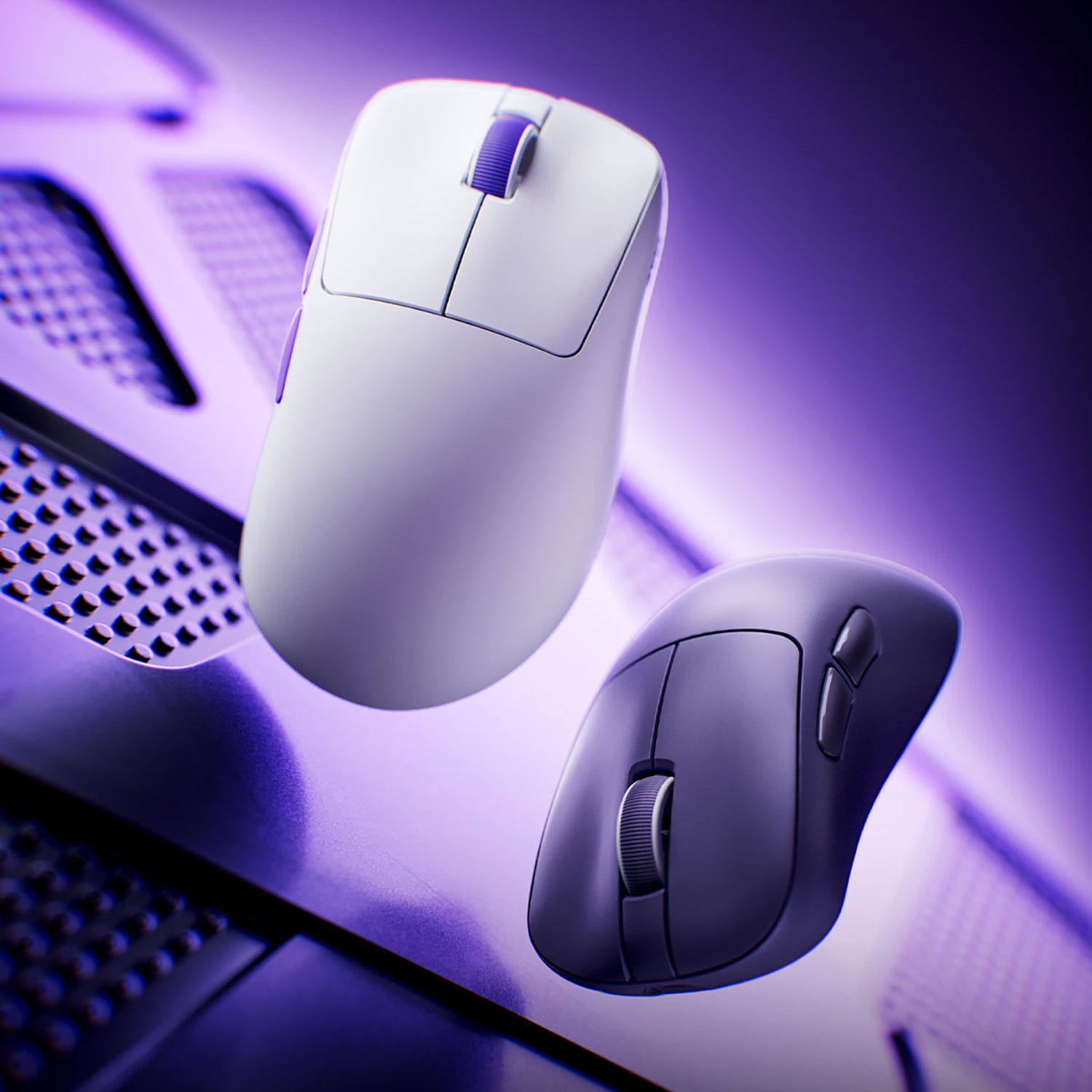
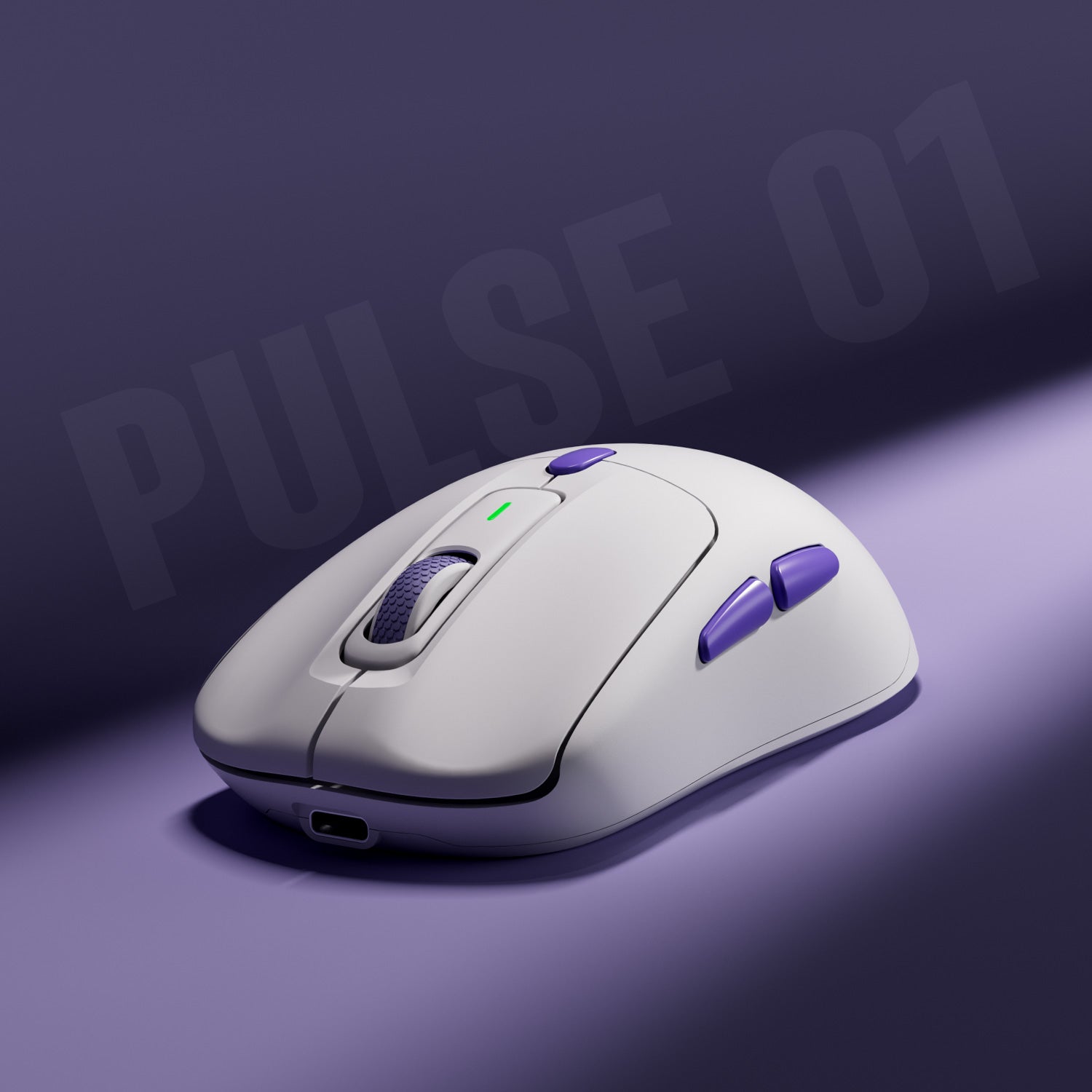
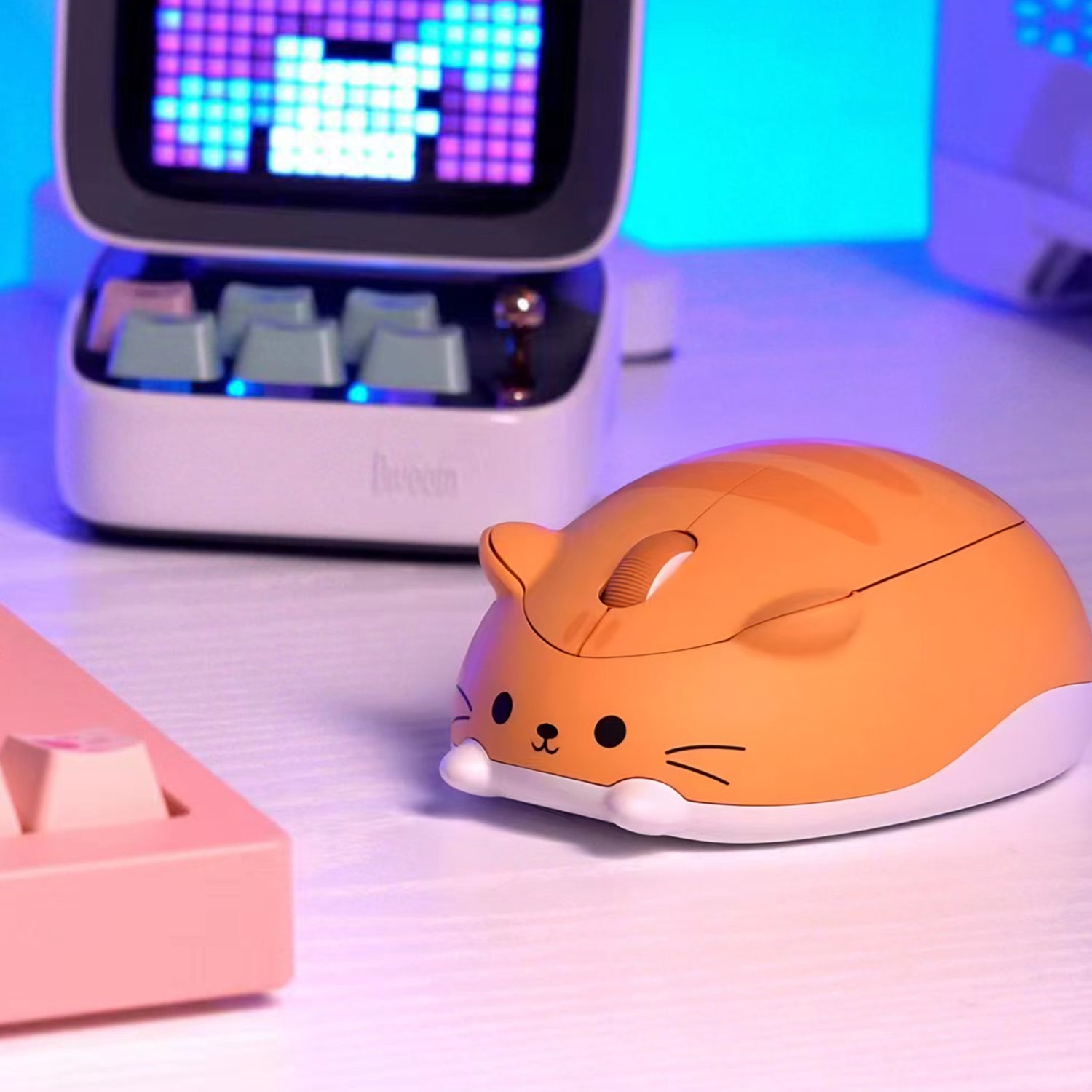

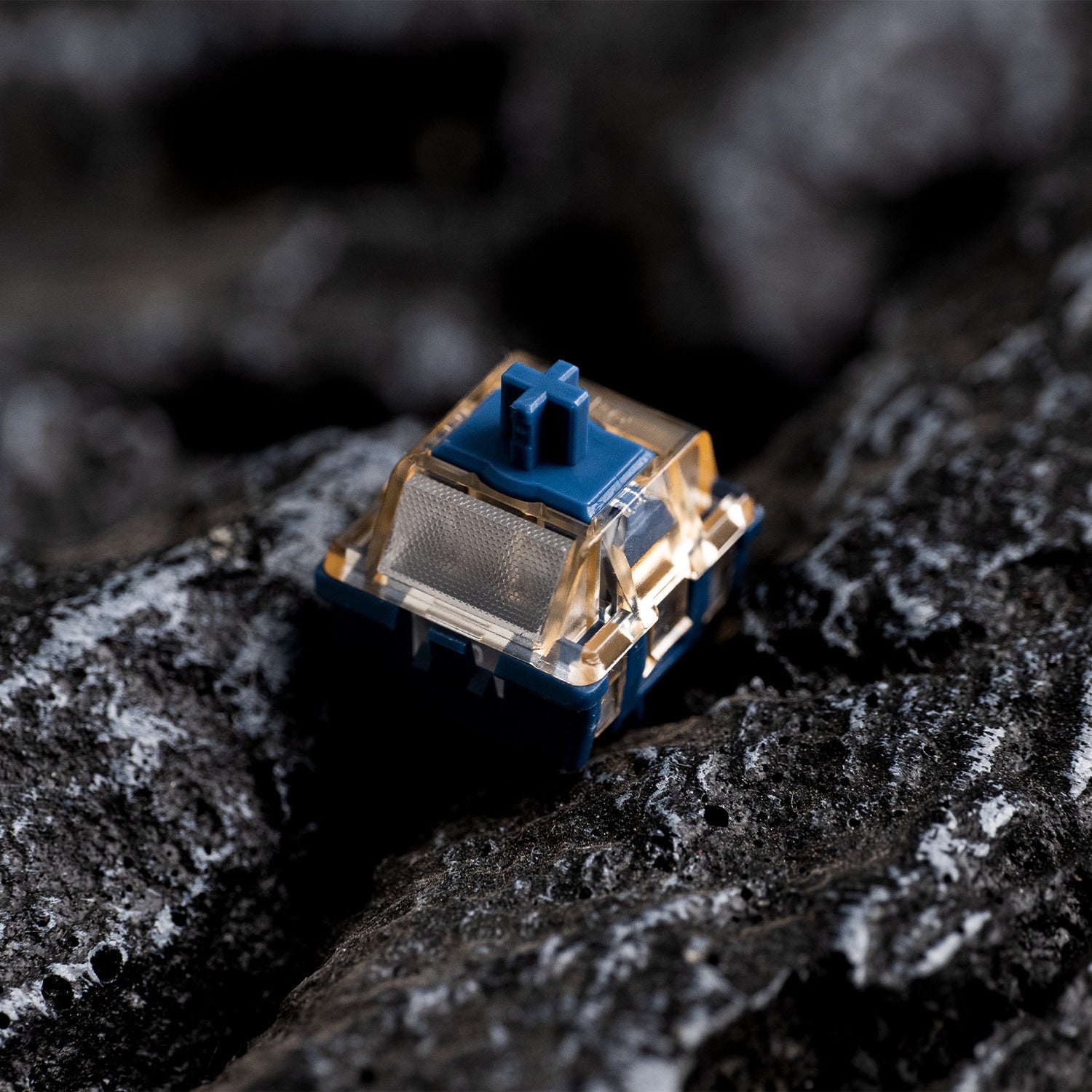

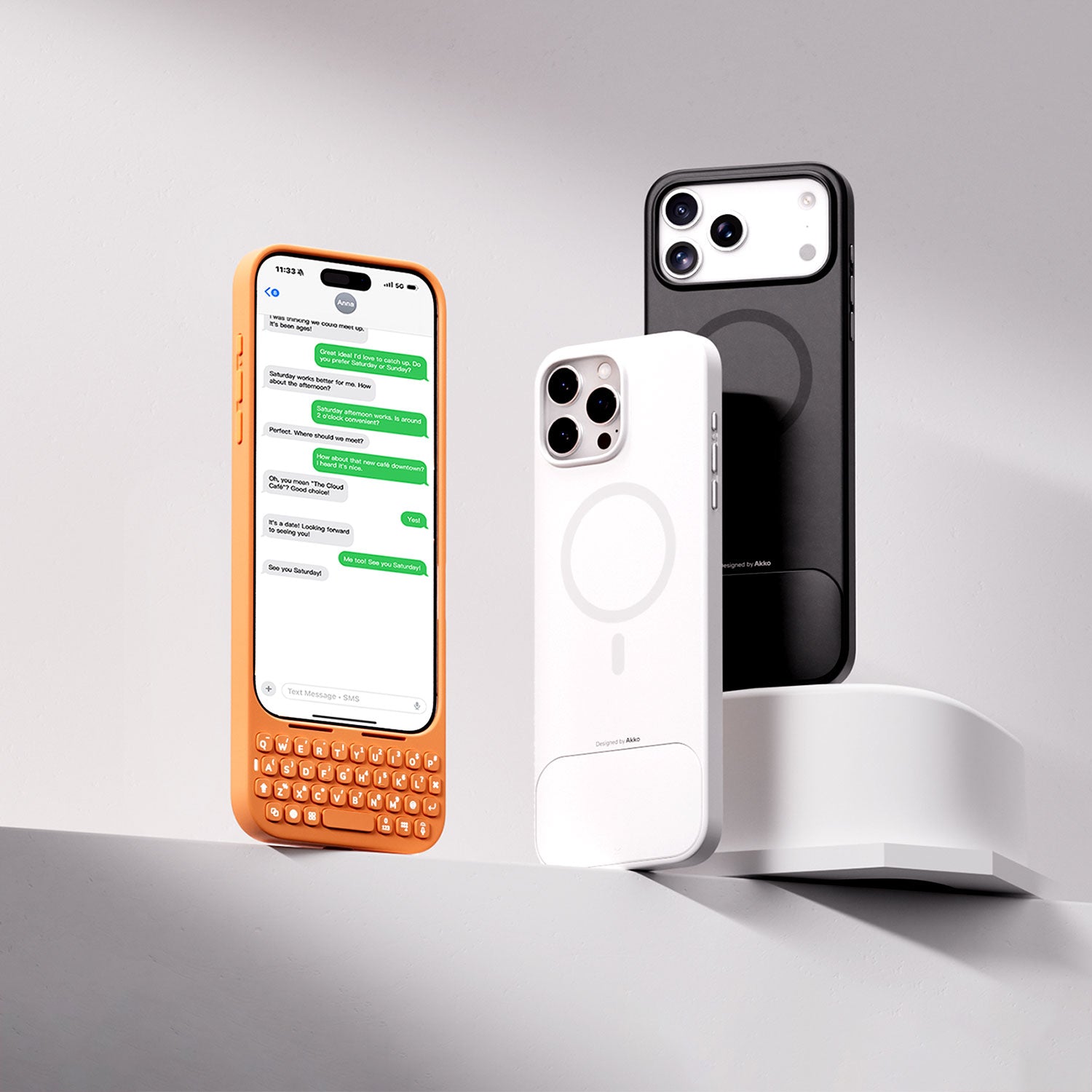

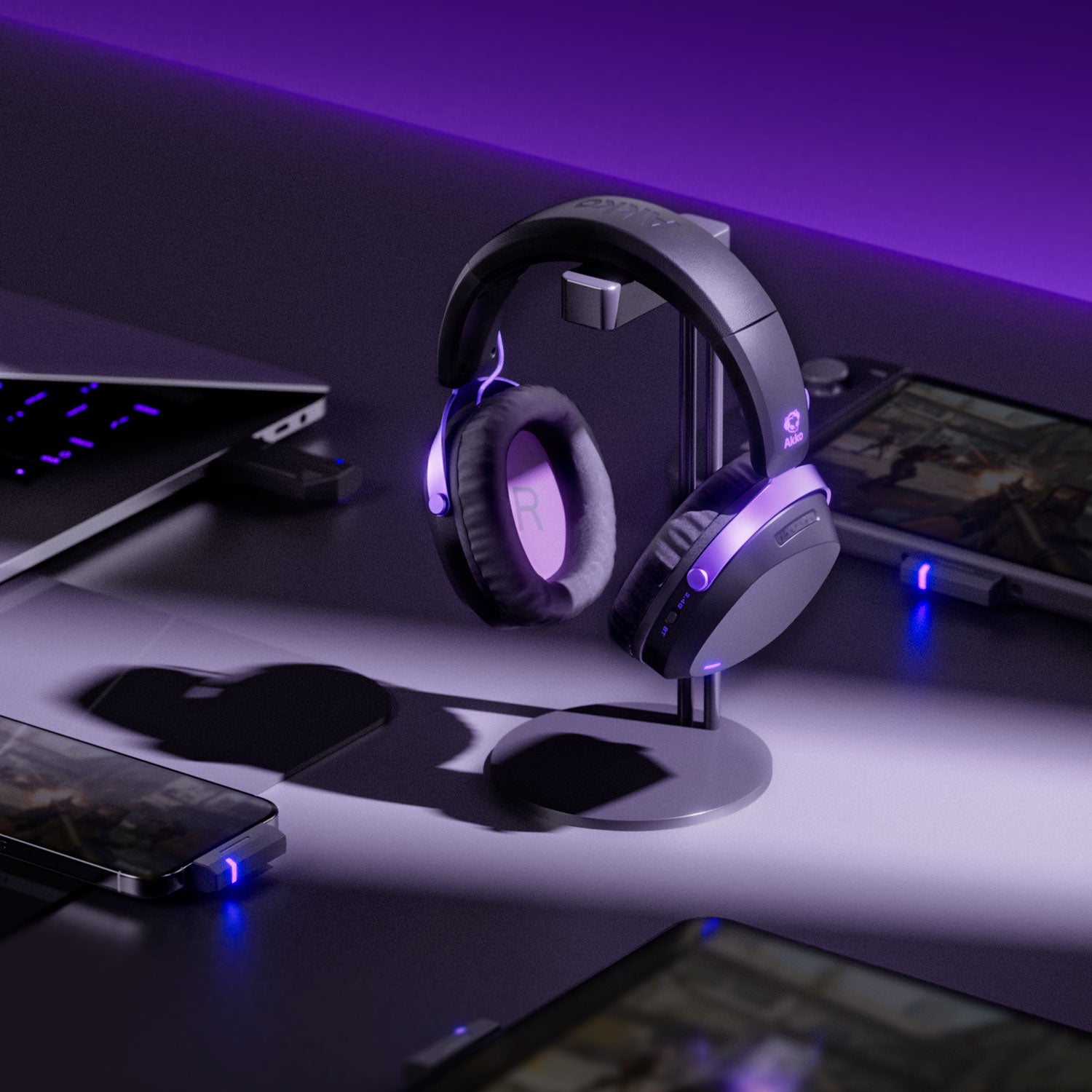

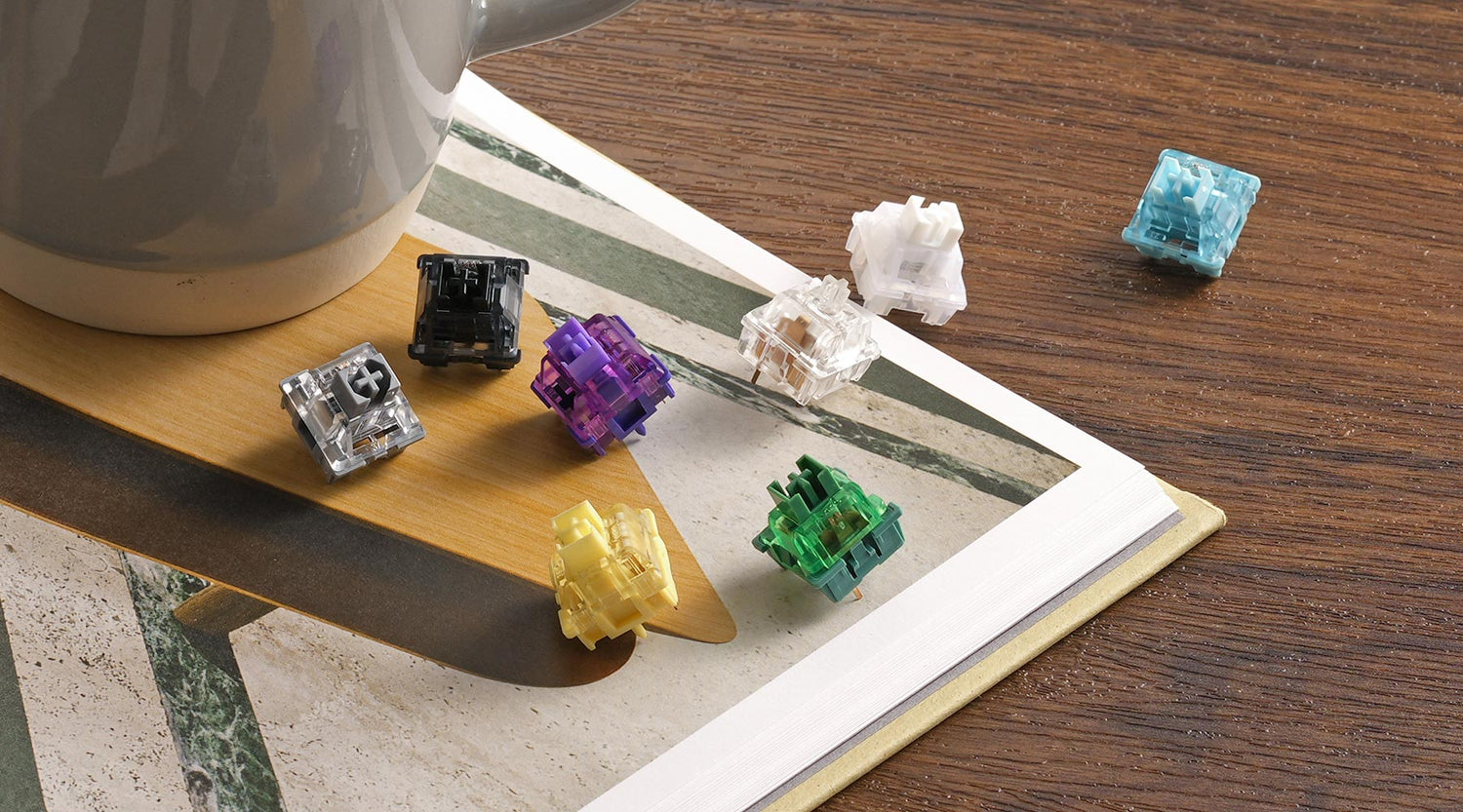
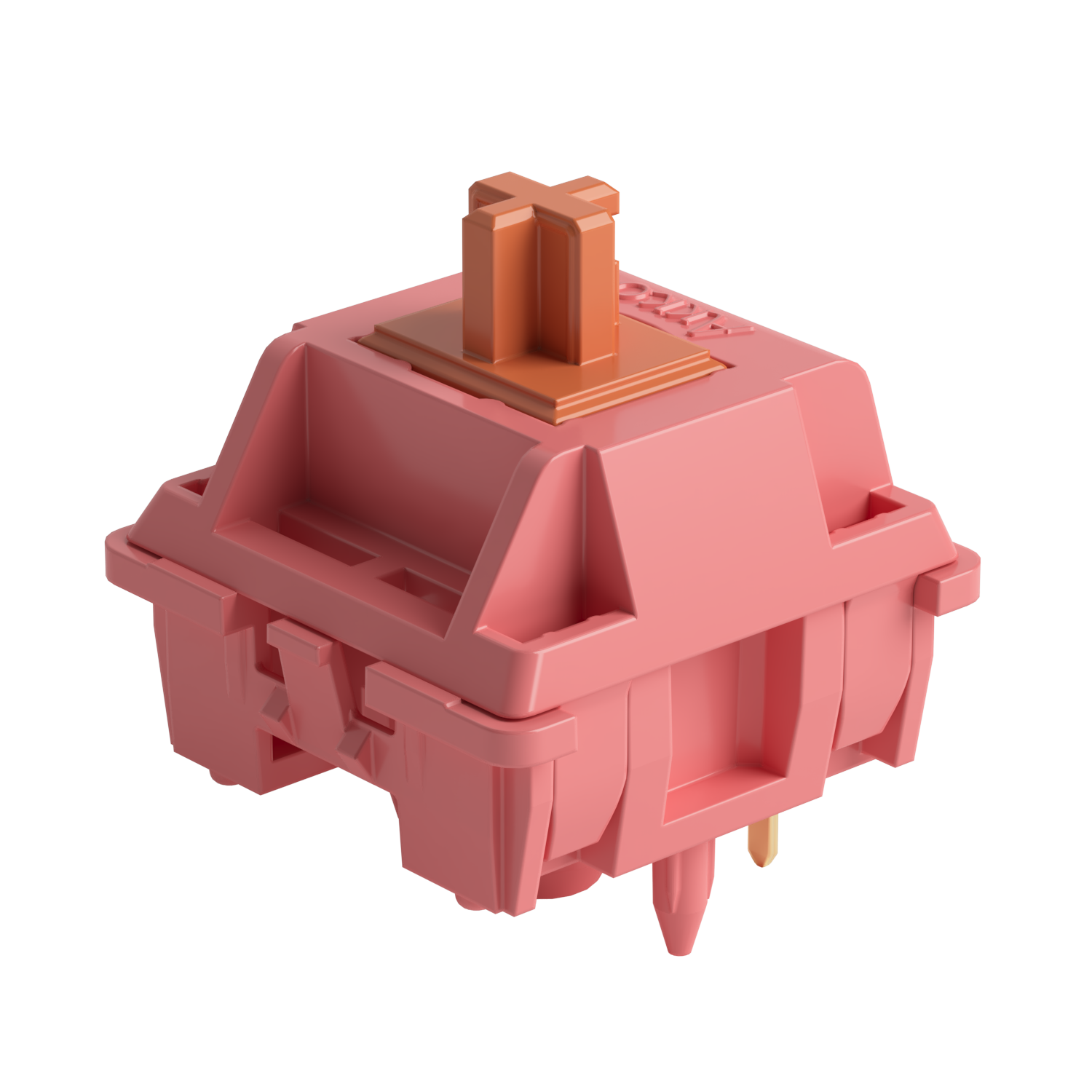

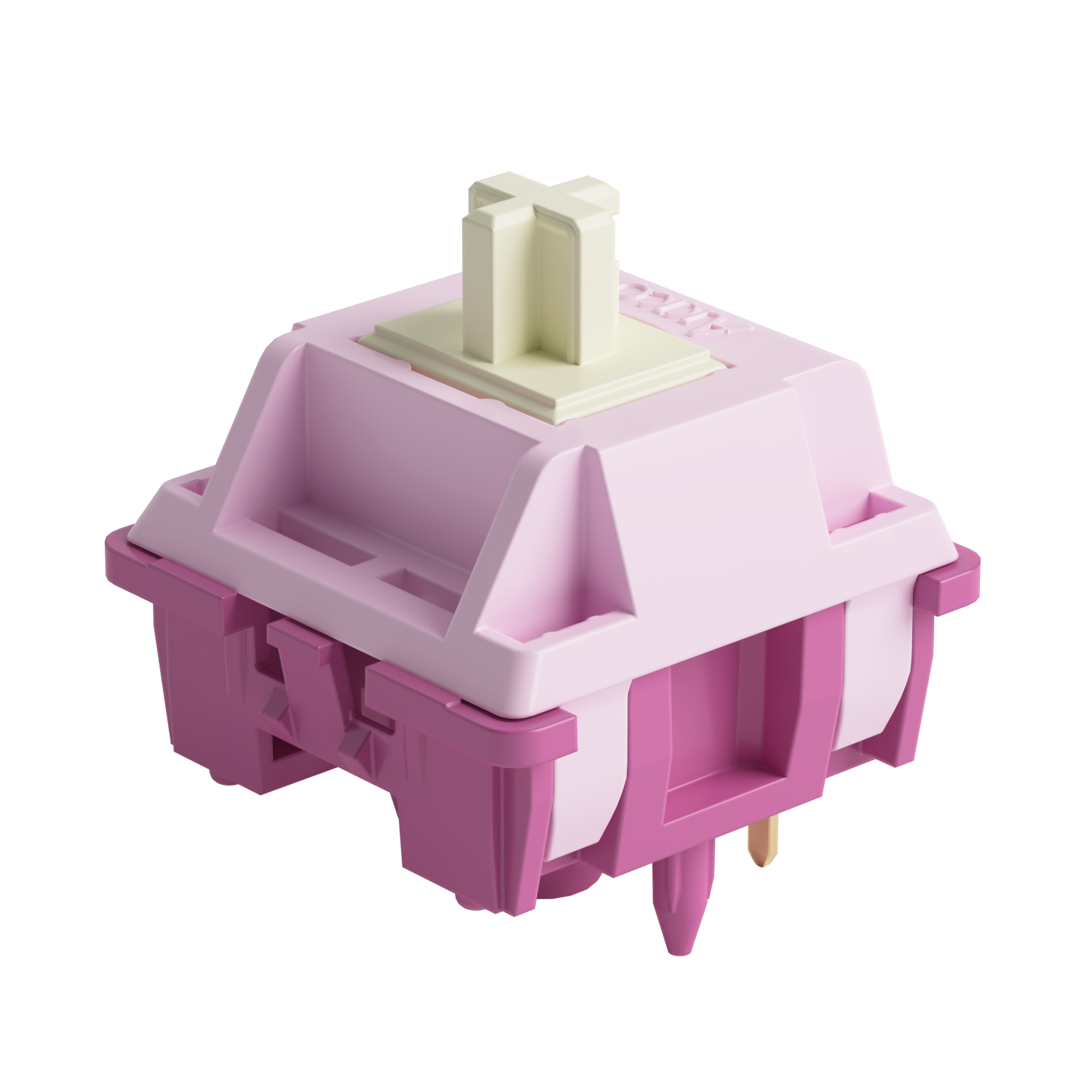
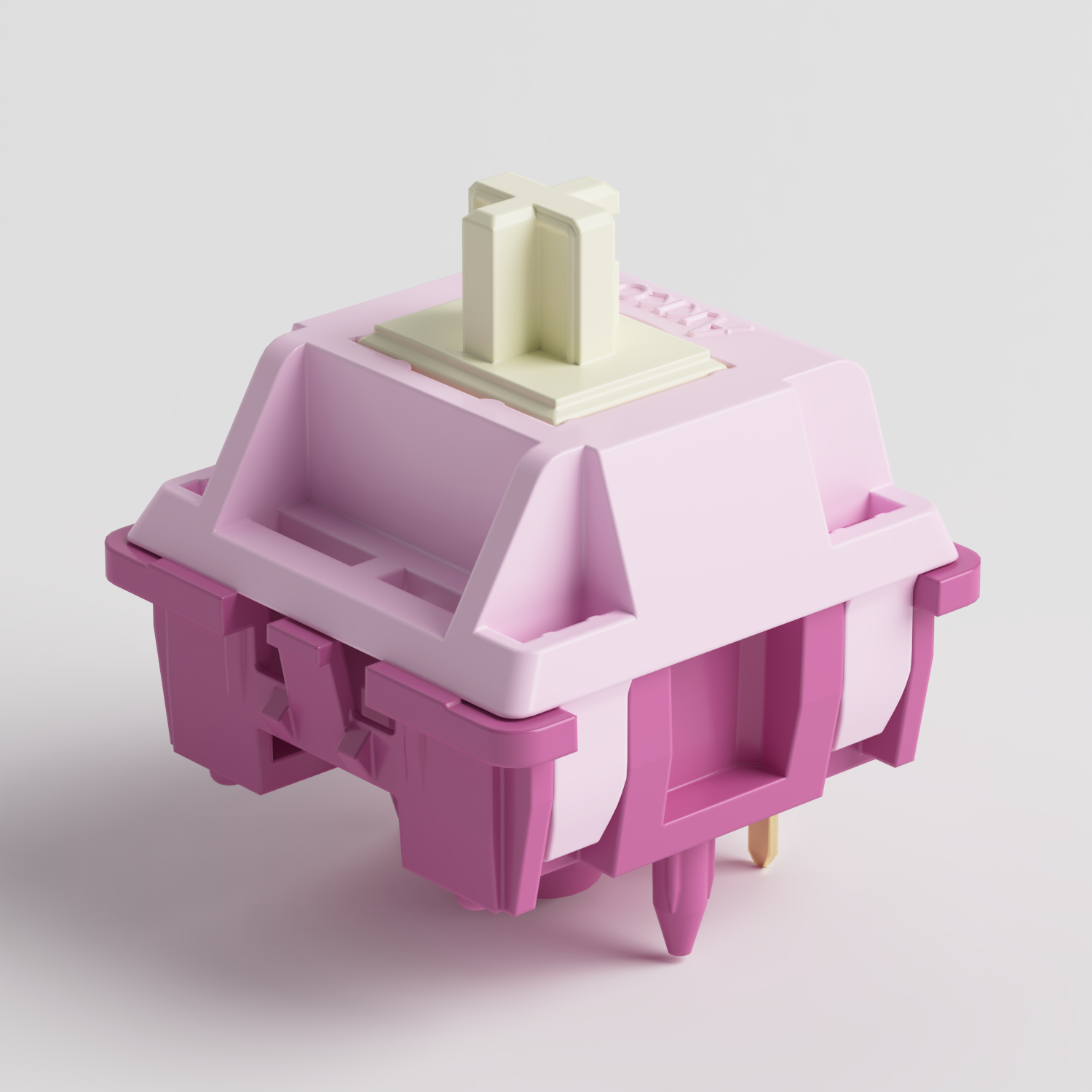
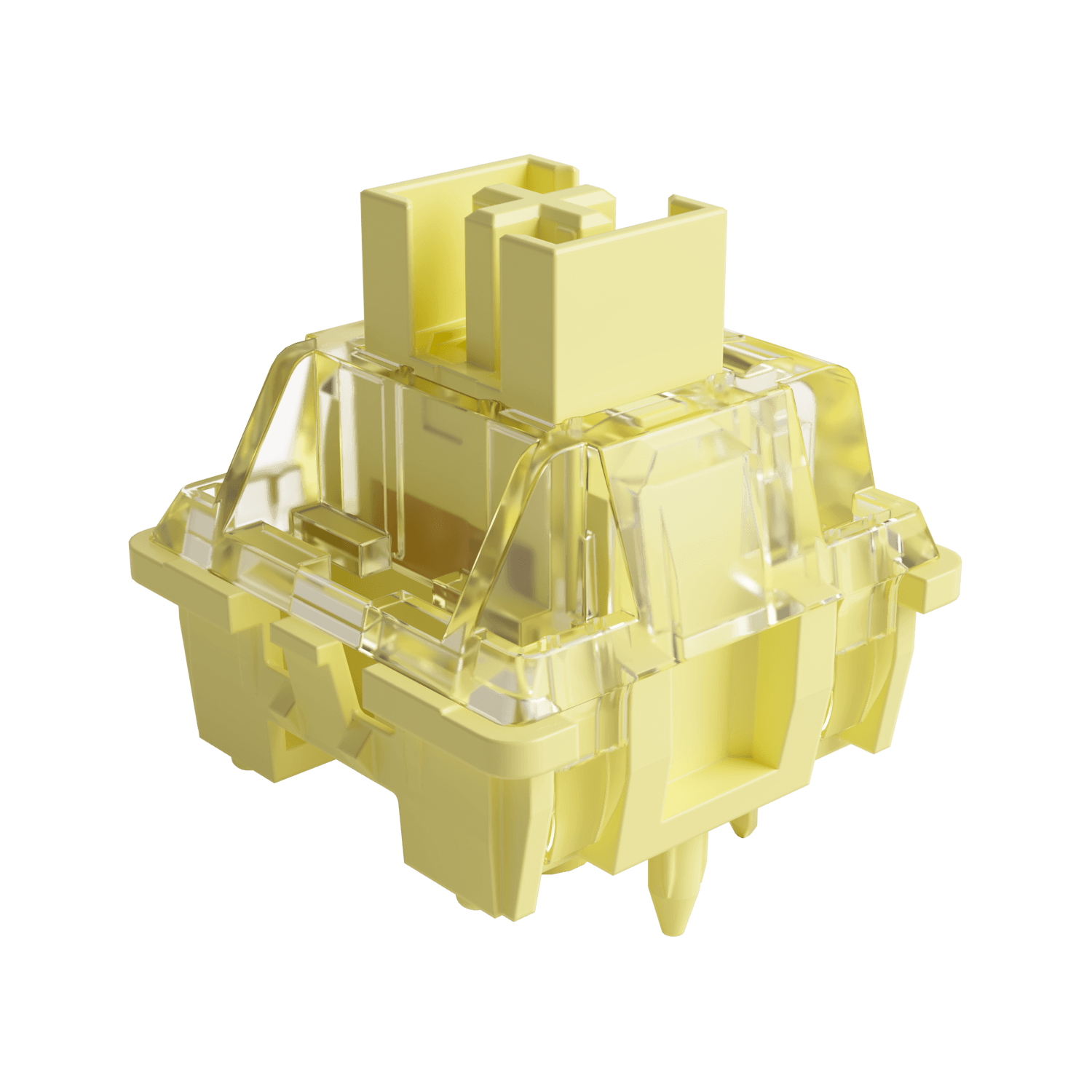
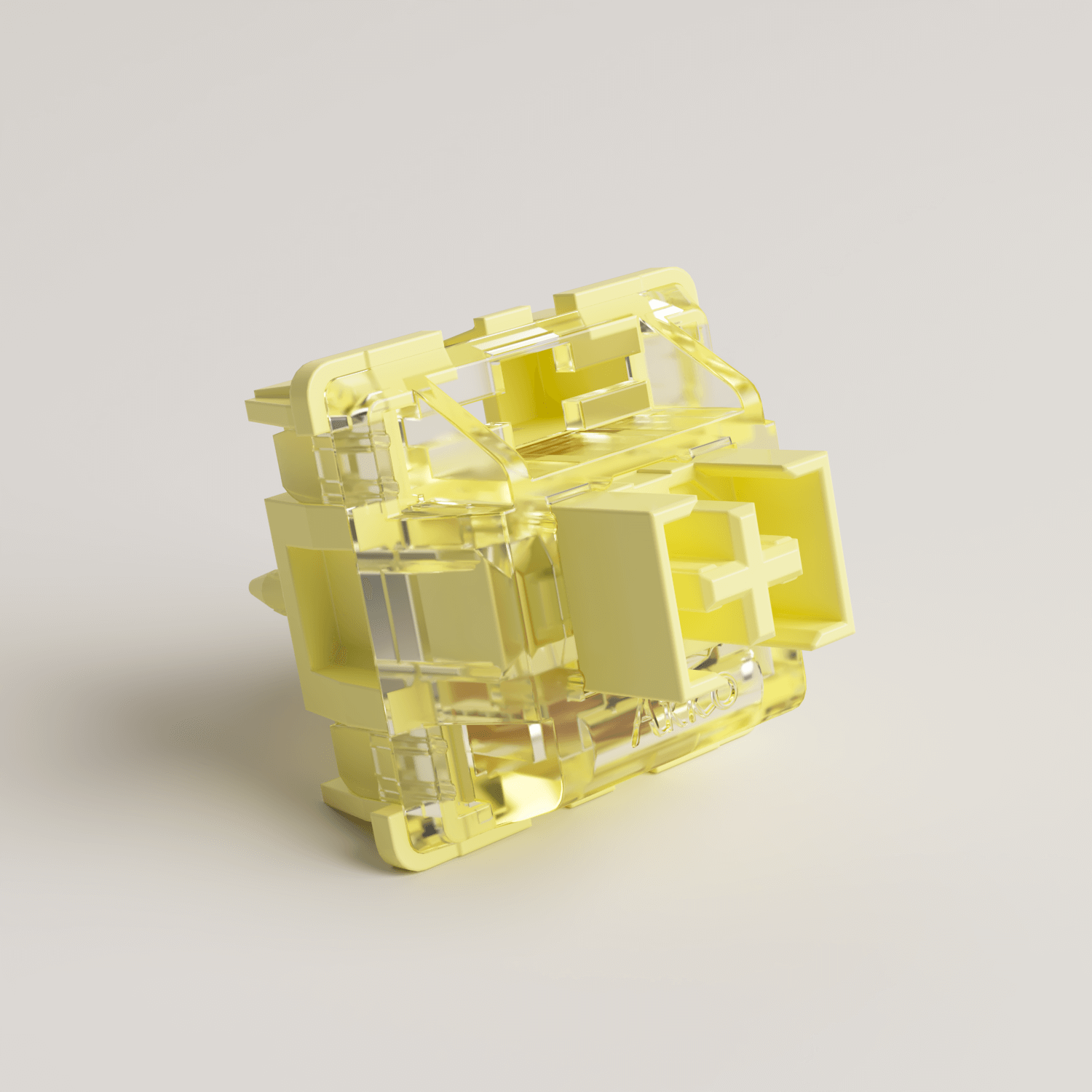
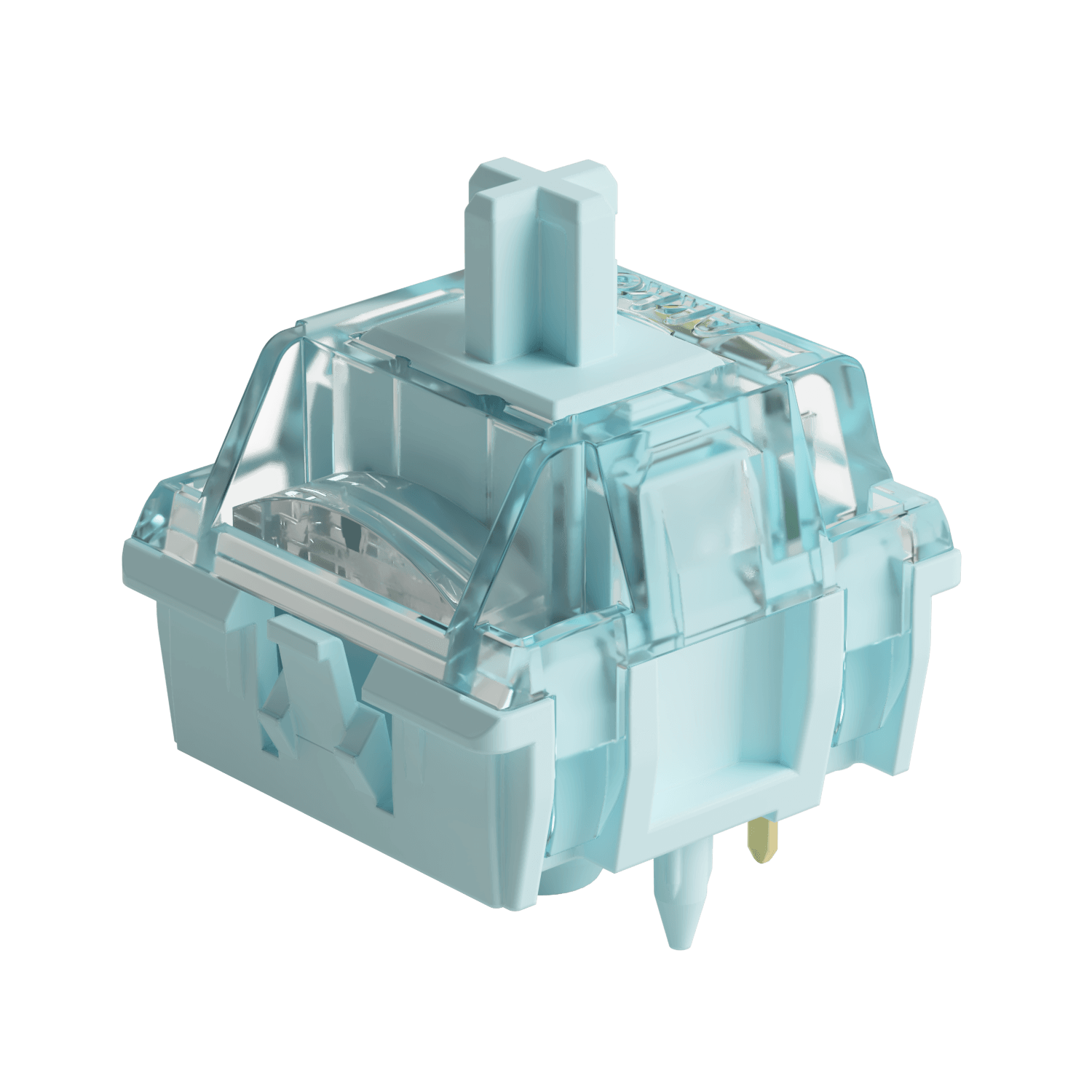
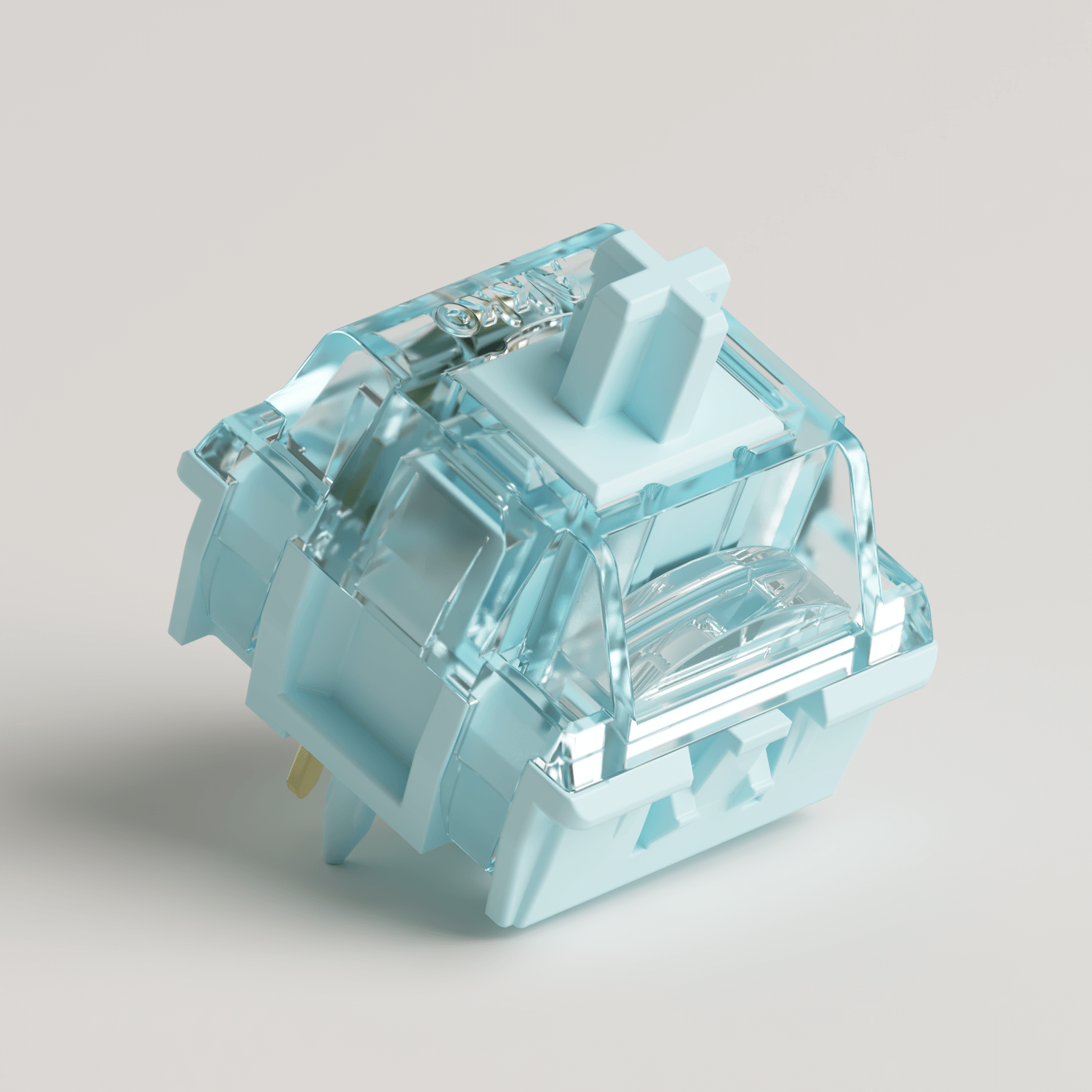
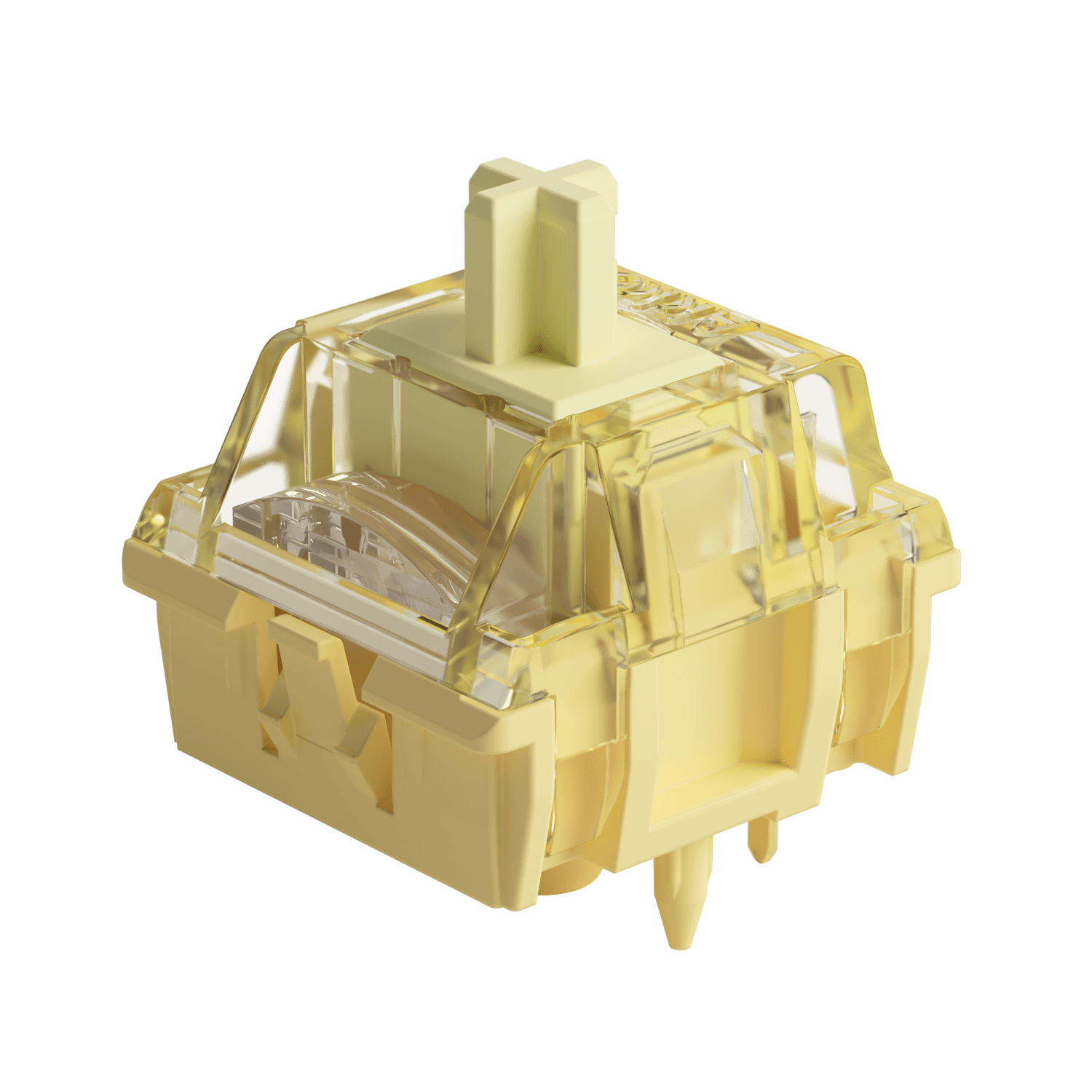
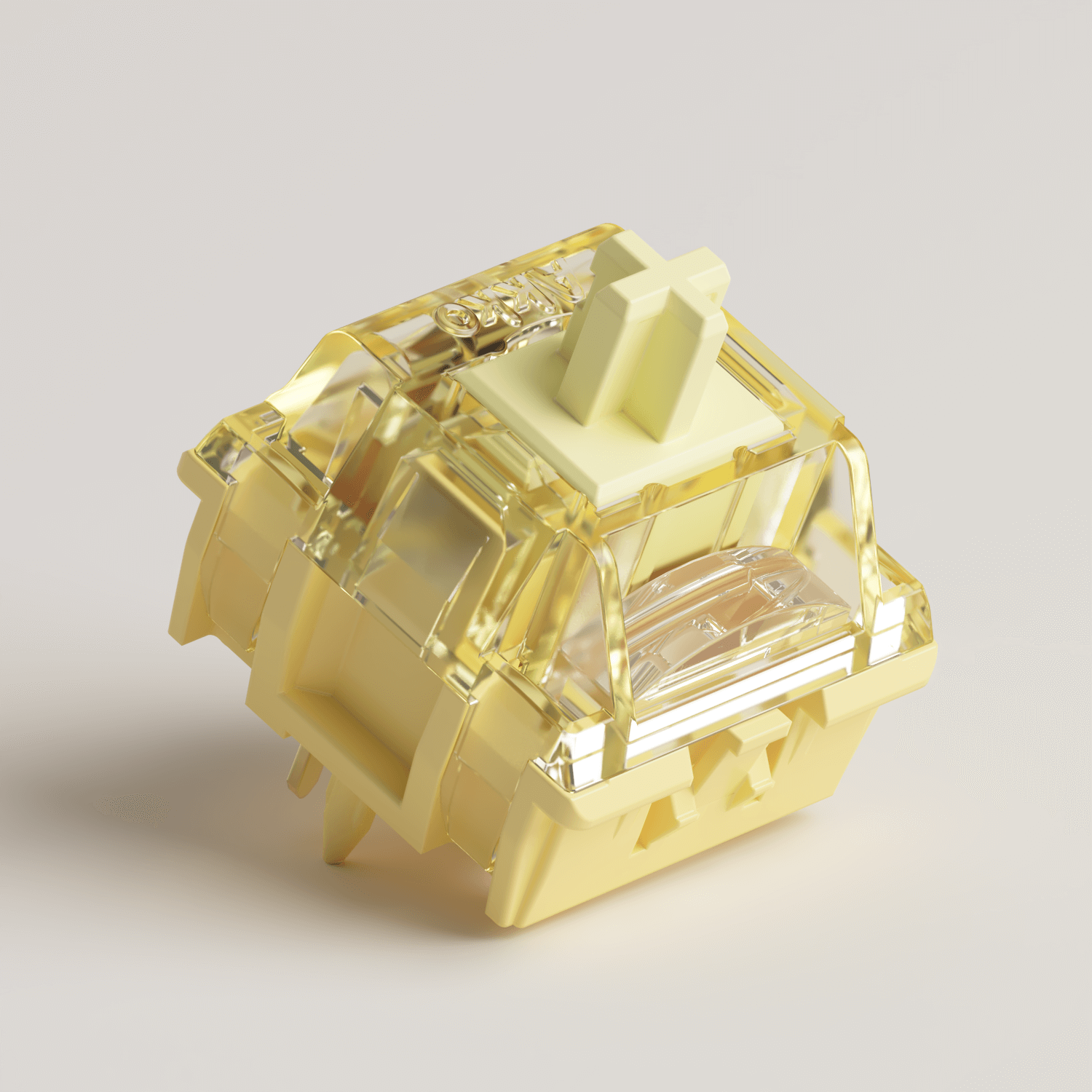
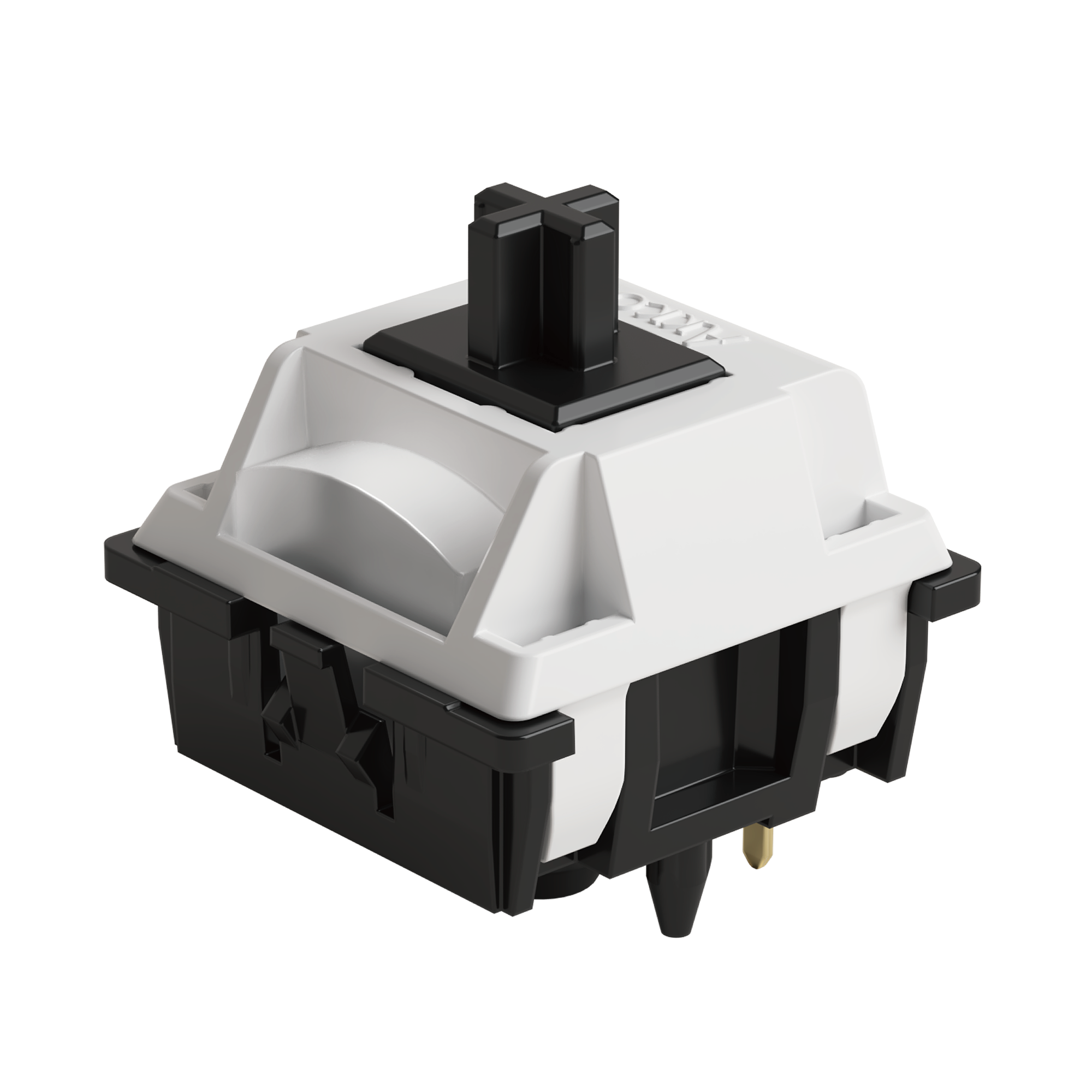
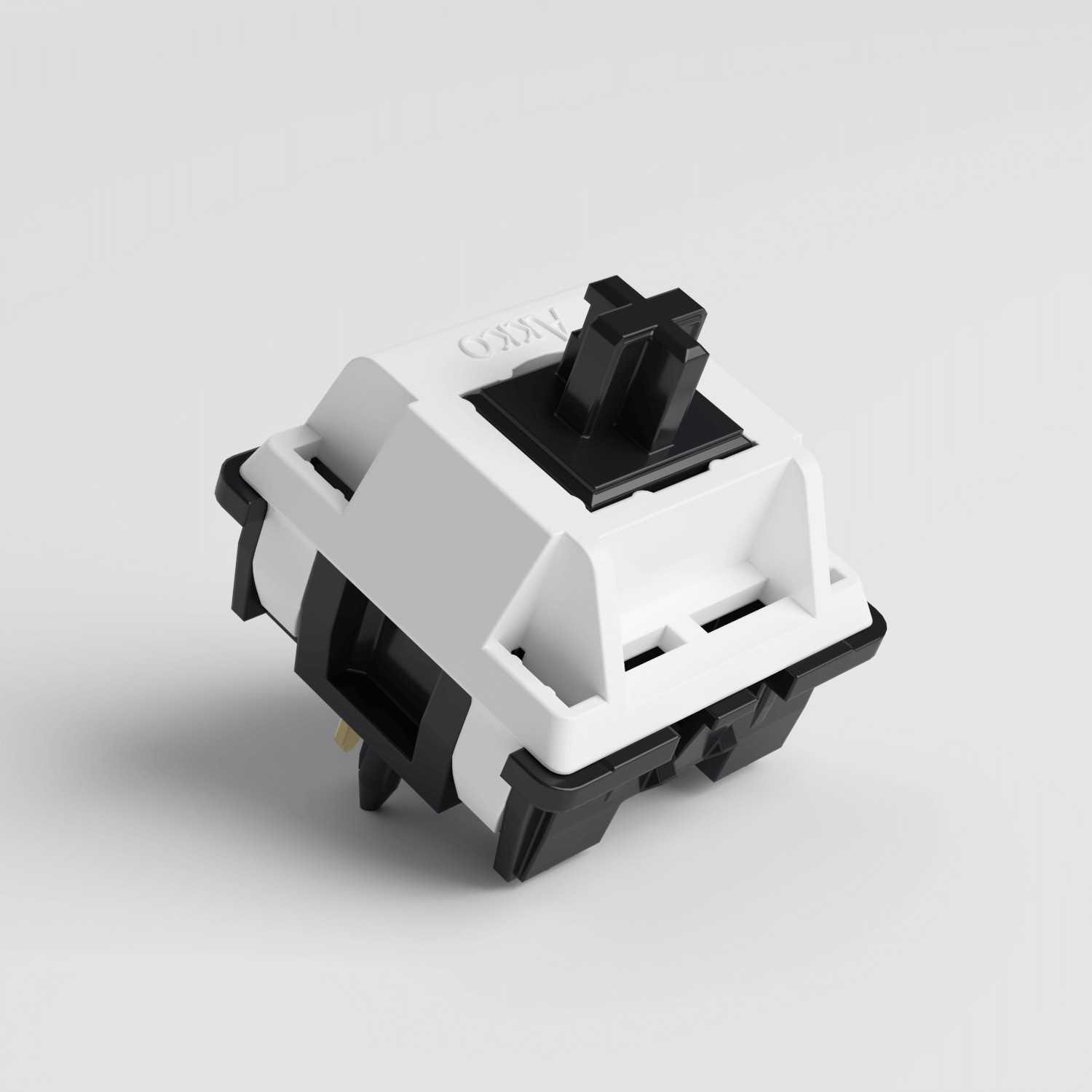
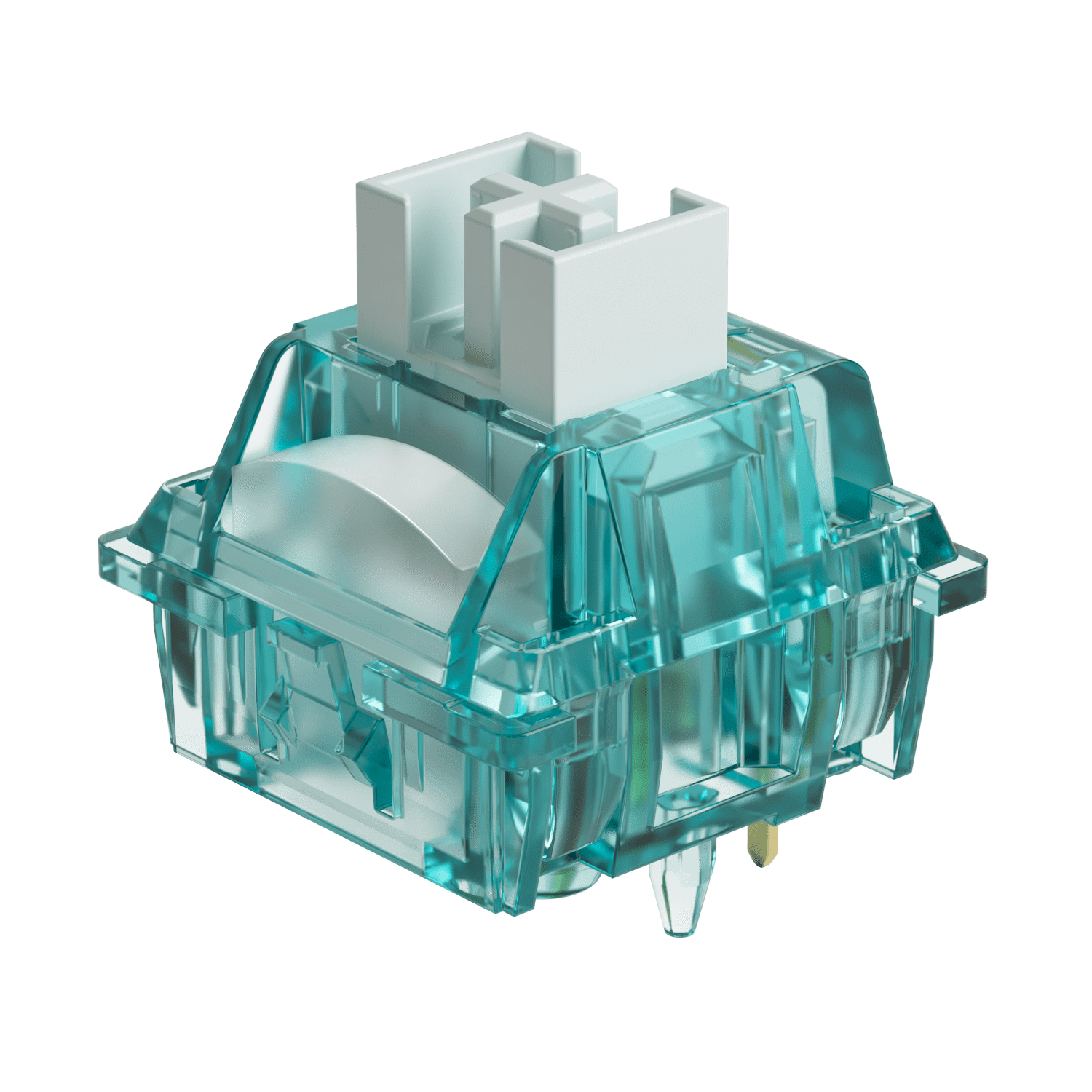
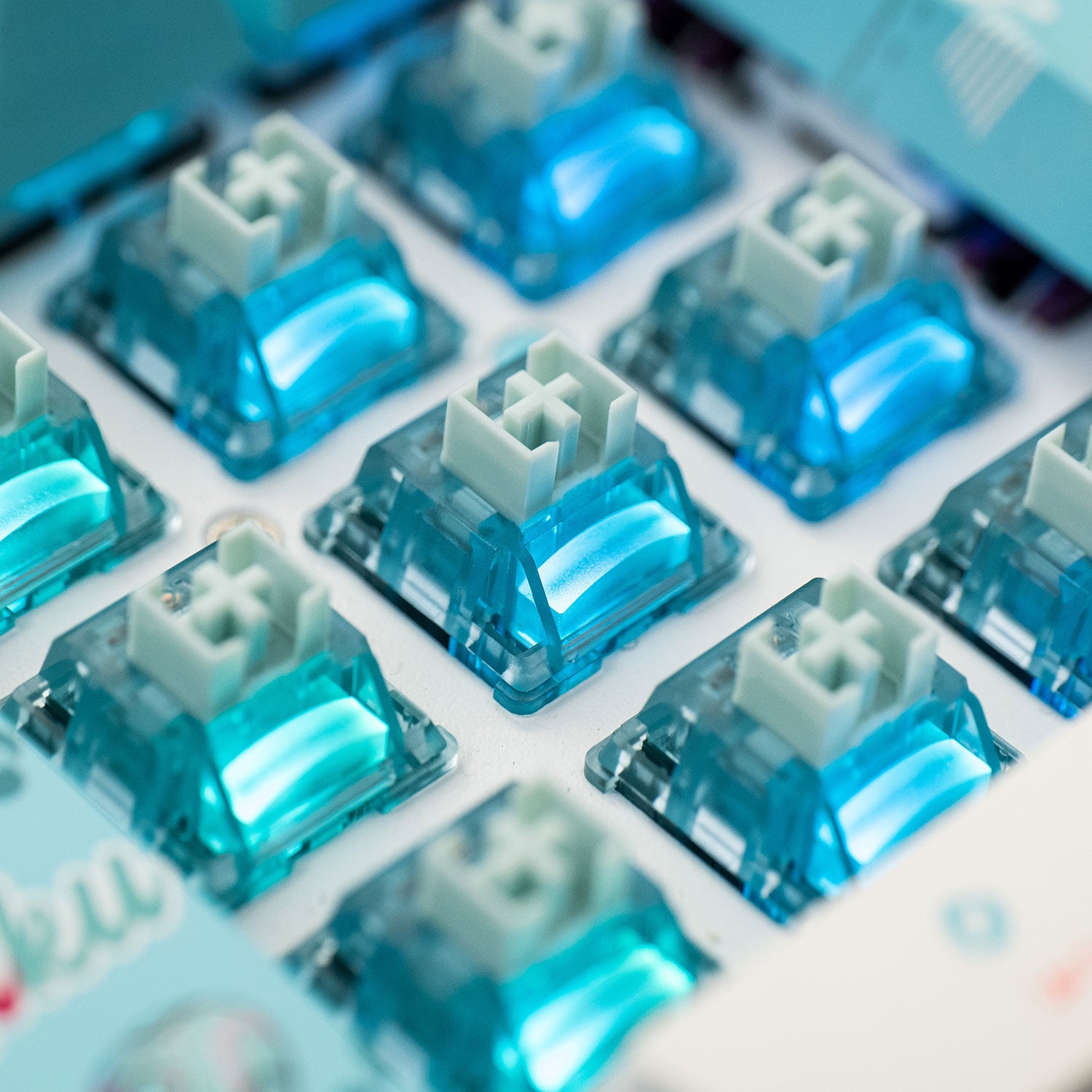
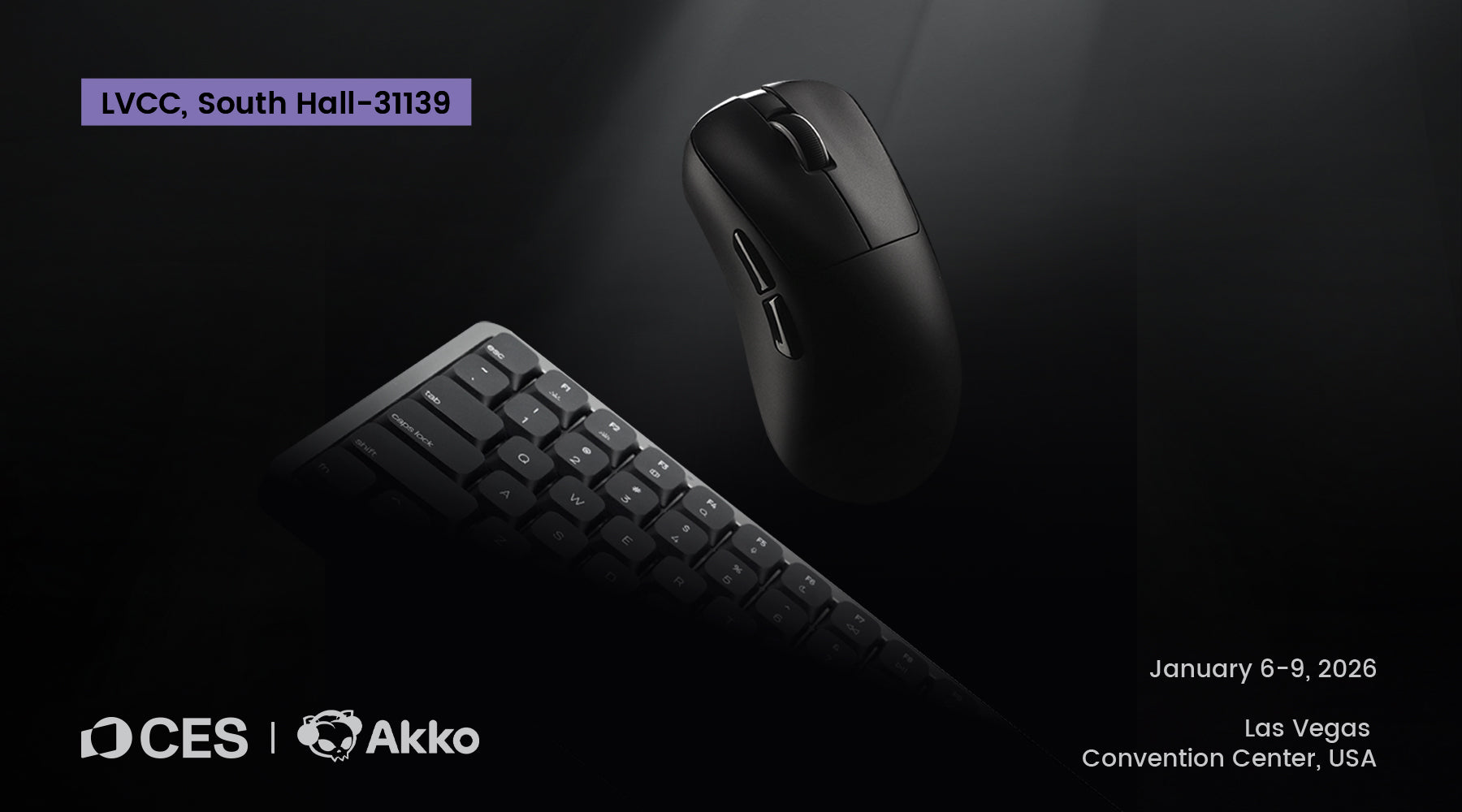
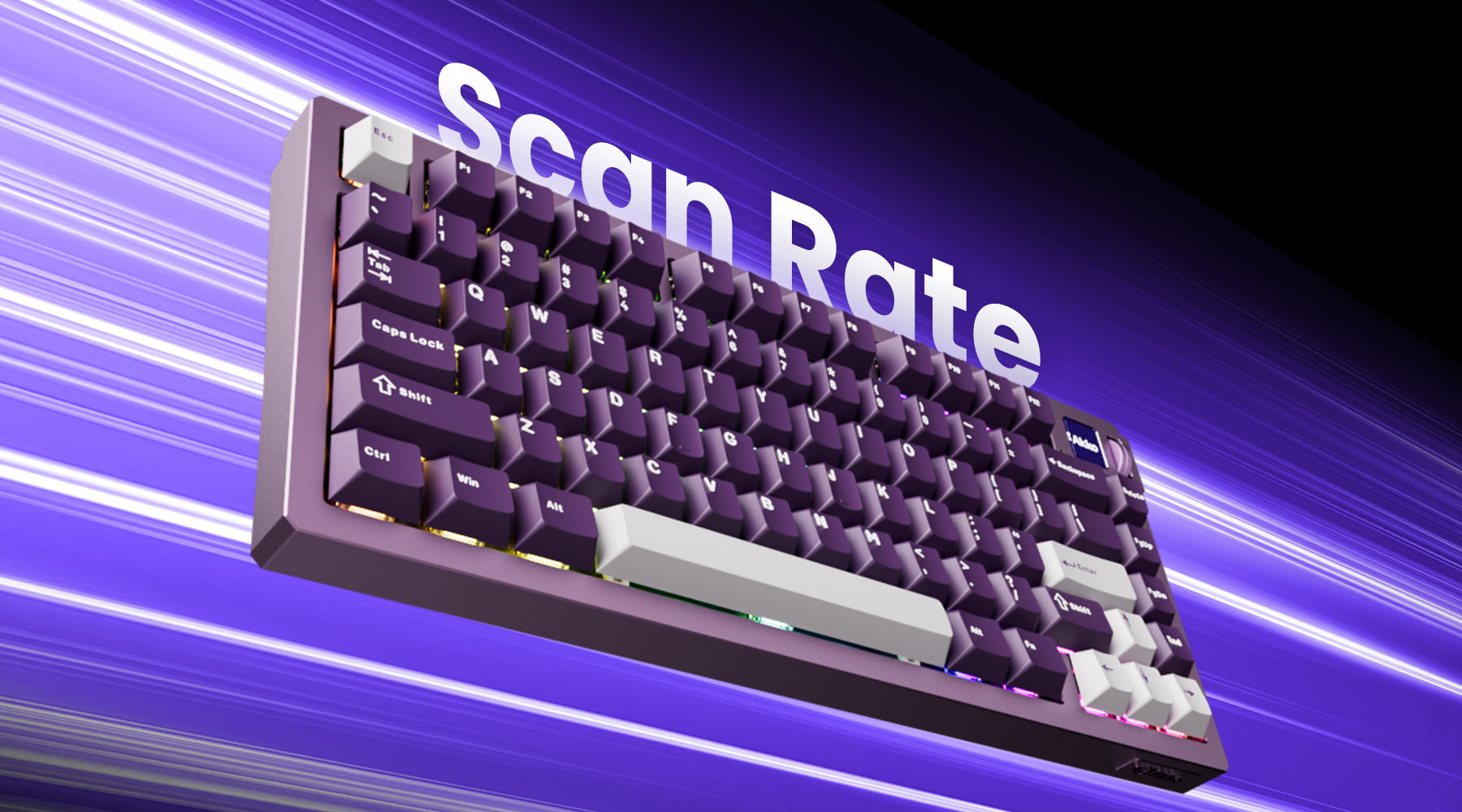
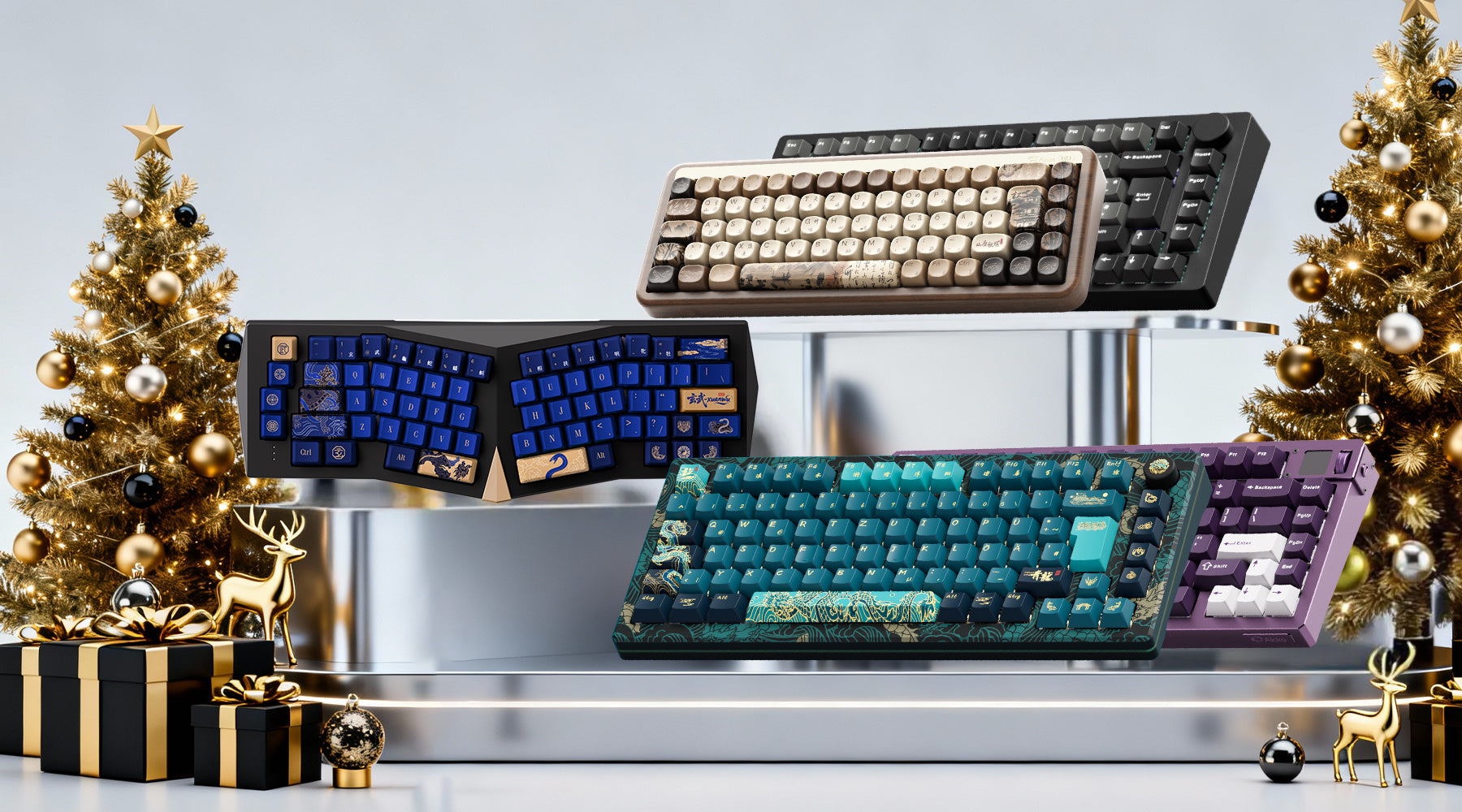
Leave a comment
All comments are moderated before being published.
This site is protected by hCaptcha and the hCaptcha Privacy Policy and Terms of Service apply.